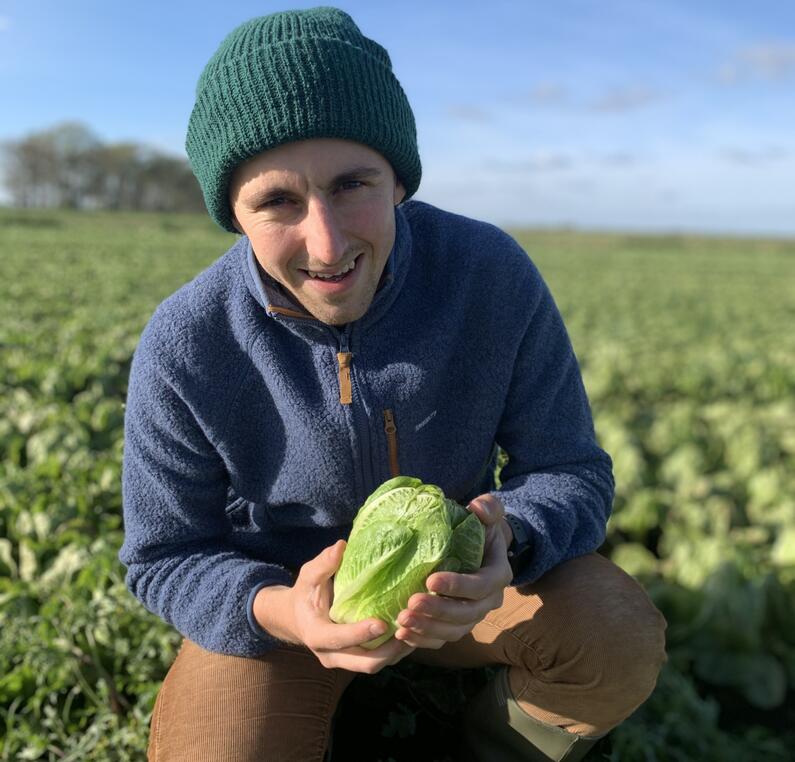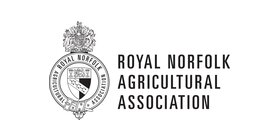
Harry Winslet
Growing up in Central London, my childhood couldn’t have been spent in an environment more geographically or societally distant from the Cambridgeshire farm that I have spent the last five years getting to know. A surgeons son, the increasingly loud voice in my ear told me I’d be the next in the dynasty to put on the scrubs and get into the operating theatre. However, my biological and chemical education led me elsewhere, and through my undergraduate and masters degrees, I found myself increasingly fascinated by how our changing climate is going to change the way we live our lives and, most notably, how we are going to continue to feed ourselves.
To put these lessons into practice, I was going to have to up sticks, buy some wellies, and find a farm! What better place, then, to continue to learn than to join G’s, Europe’s largest fresh produce supplier. Over the next 5 years, I would spend my time understanding and designing a strategy for how we can reduce the environmental impact of producing the 5-a-day that we are told our daily diets must contain. Now with half a decade of lettuce production behind me, I have begun to believe that the fine balance between healthy soils and a healthy diet may lie in our peatlands, and how we manage them…
For peat’s sake! Do we need a new approach to peatland agriculture?
The Royal Norfolk Agricultural Association

Study Overview
Globally our peatlands contain around 550 billion tonnes of carbon, double the amount in all of the world's forests. However, when exploited for agriculture, as 20 million hectares have been, these carbon stores begin to oxidise, emitting around 30 tonnes of CO2 into the atmosphere per hectare. In the UK, this accounts for nearly 5% of all greenhouse gas emissions. Whilst some of these emissions can be avoided by re-wetting soils, some soils are too degraded or geographically isolated for rewetting to be a viable option, not to mention the emissions associated with moving 1/3rd of the UK’s vegetable production elsewhere. Projects around the world have begun to identify how productive agriculture can continue on peatlands, whilst also reducing the greenhouse gas emissions that make conventional growing on these soils so contentious. My Nuffield Scholarship will take me to Canada, where projects have identified re-introducing carbon into soils through willow coppice, and Indonesia, where local communities are practicing paludiculture, the growing of wetland crops to increase sustainability.